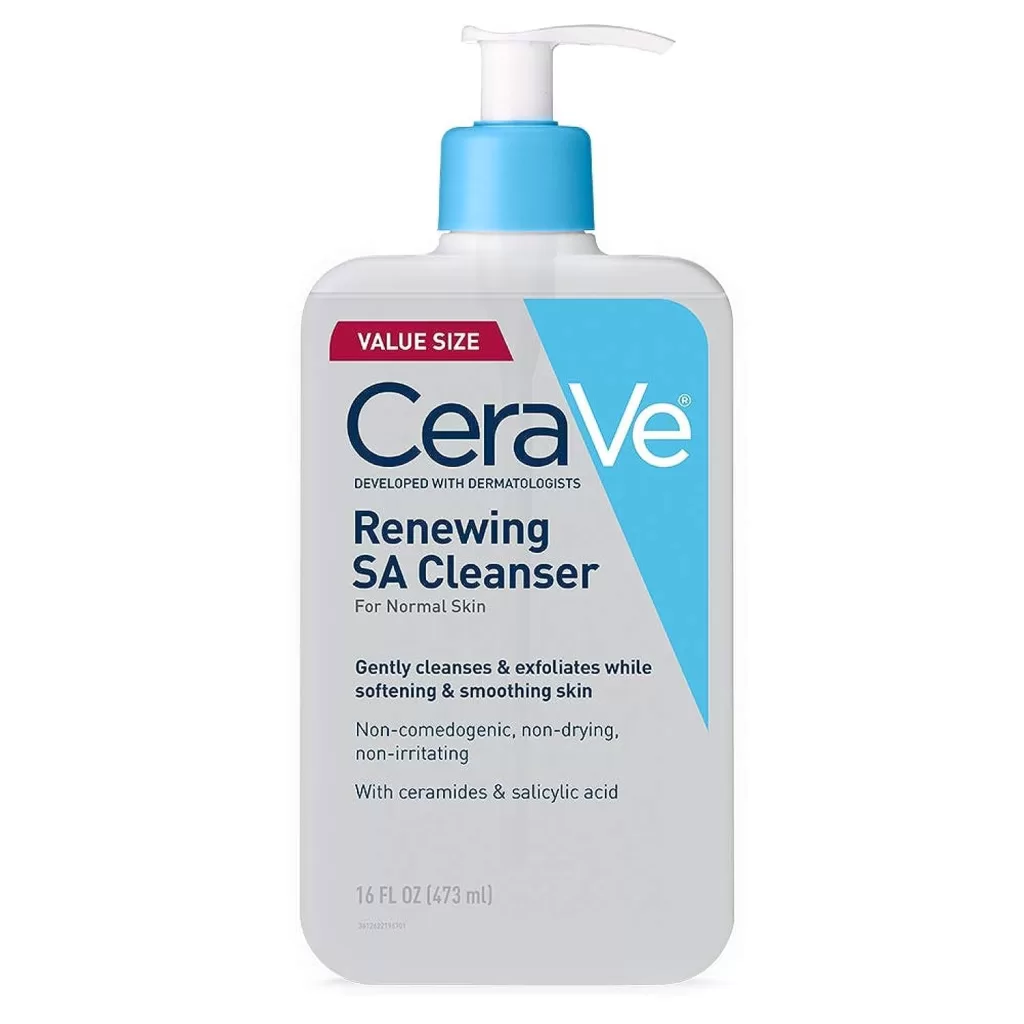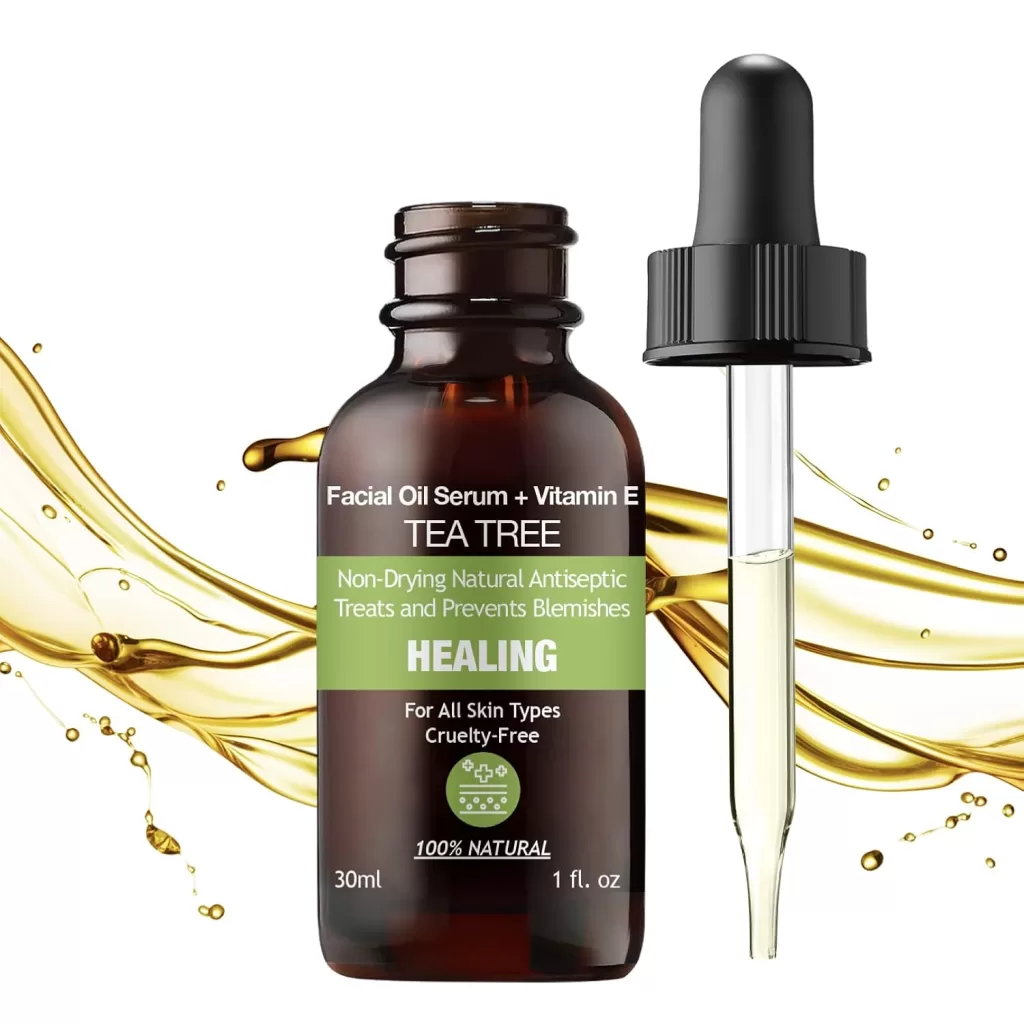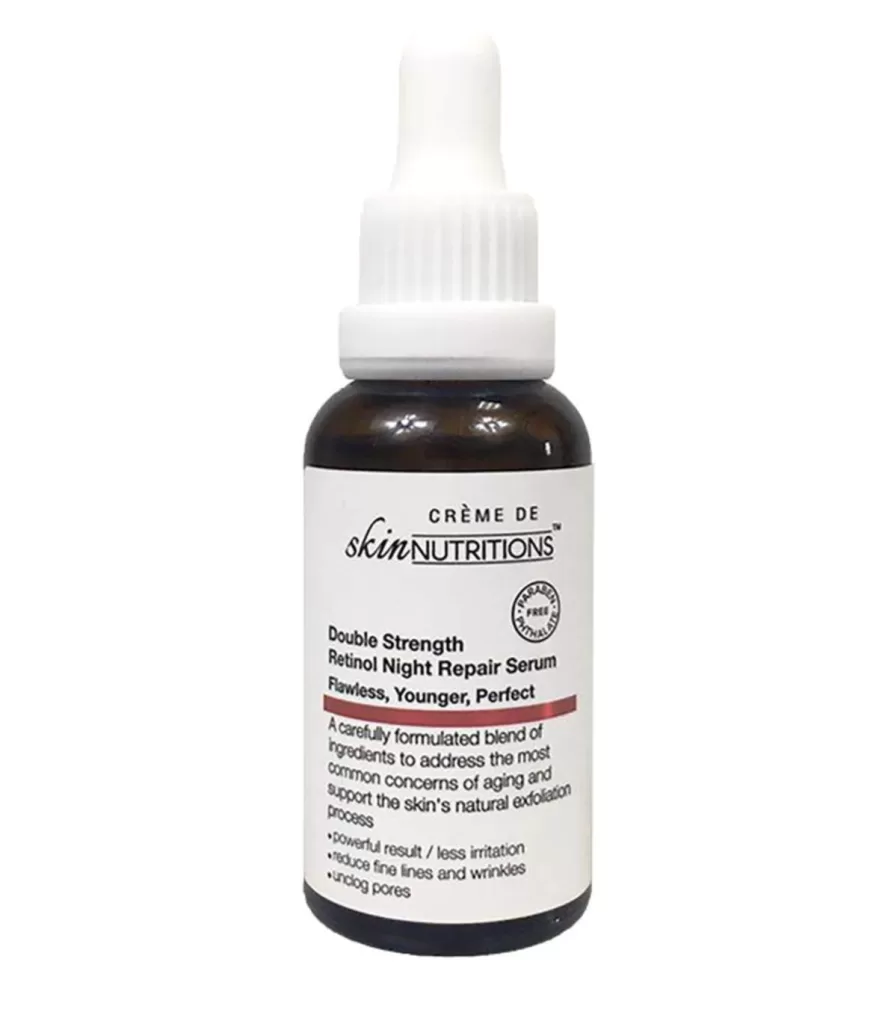How to Create a Skincare Routine for Oily Skin
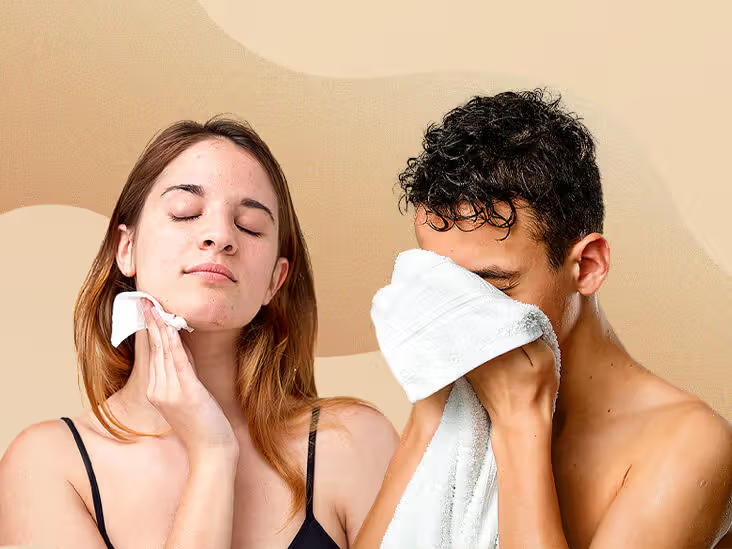
Building a skincare routine for oily skin is crucial to maintaining a balanced, healthy complexion. Oily skin is prone to excess sebum production, which can lead to clogged pores, breakouts, and a shiny appearance. The good news is that with the right routine, you can control oil and achieve a clearer, more radiant complexion. This guide will walk you through the essential steps of a skincare routine tailored specifically for oily skin.
Understanding Oily Skin in Your Skincare Routine for Oily Skin
Before creating a skincare routine, it’s essential to understand what oily skin is. Oily skin is characterized by an overproduction of sebum, the natural oil that keeps your skin moisturized. While sebum is vital, too much of it can result in greasy skin and an increased risk of acne.
Common Signs in a Skincare Routine for Oily Skin
- Shiny or greasy appearance
- Enlarged pores
- Frequent breakouts or acne
- Makeup wears off quickly
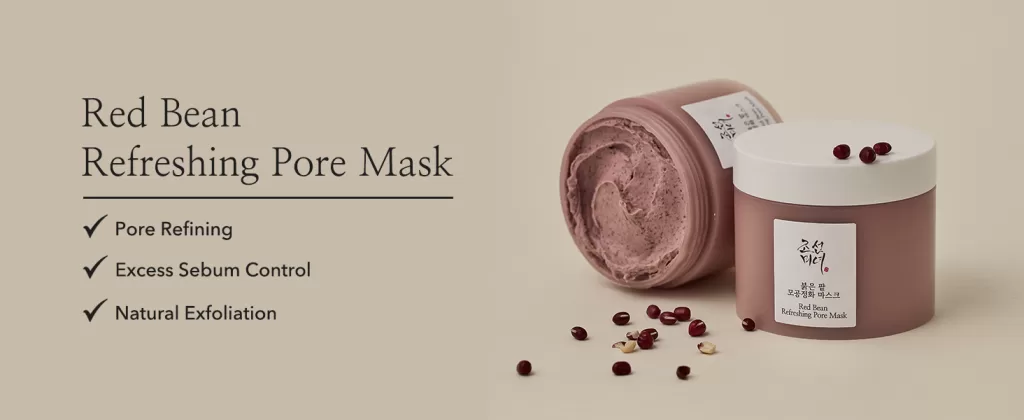
Cleansing: The First Step to Manage Oily Skin
Cleansing is the foundation of any skincare routine, especially for oily skin types. It removes dirt, oil, and impurities that can clog pores and cause breakouts.
Choose a Gentle Cleanser for Your Skincare Routine for Oily Skin
Opt for a foaming or gel-based cleanser designed for oily skin. These types of cleansers help remove excess oil without stripping the skin of its natural moisture. Look for products containing salicylic acid or tea tree oil for added acne-fighting benefits.
Toning: Balance and Prep Your Skin
A good toner can help balance your skin’s pH levels and further remove impurities left after cleansing. Toners designed for oily skin typically contain astringent ingredients like witch hazel or salicylic acid to reduce shine and minimize pores.
Alcohol-Free Toners for Oily Skin
It’s best to avoid alcohol-based toners, as they can dry out the skin and lead to increased oil production as a result of overcompensation.

Moisturizing: Yes, Even Oily Skin Needs Moisture
Many people with oily skin skip moisturizer, fearing it will make their skin greasier. However, moisturizing is essential to keep your skin hydrated and prevent overproduction of oil.
Oil-Free and Lightweight Moisturizers
Look for oil-free, non-comedogenic (won’t clog pores) moisturizers. Gel-based formulas are often the best choice for oily skin, as they provide hydration without a heavy or greasy feel.
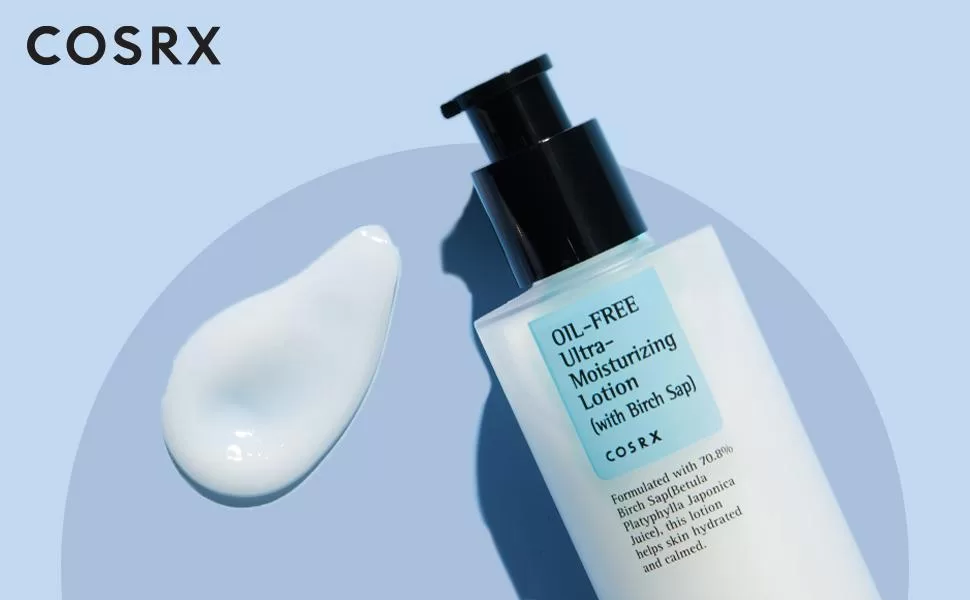
Exfoliation: Clearing Pores and Controlling Oil
Exfoliation helps remove dead skin cells, reduce blackheads, and prevent pores from becoming clogged with excess oil. For oily skin, exfoliating 1-3 times per week can help keep breakouts at bay.
Exfoliants Suitable for Oily Skin
Use chemical exfoliants such as alpha-hydroxy acids (AHAs) or beta-hydroxy acids (BHAs) like salicylic acid to gently exfoliate and reduce oil buildup.
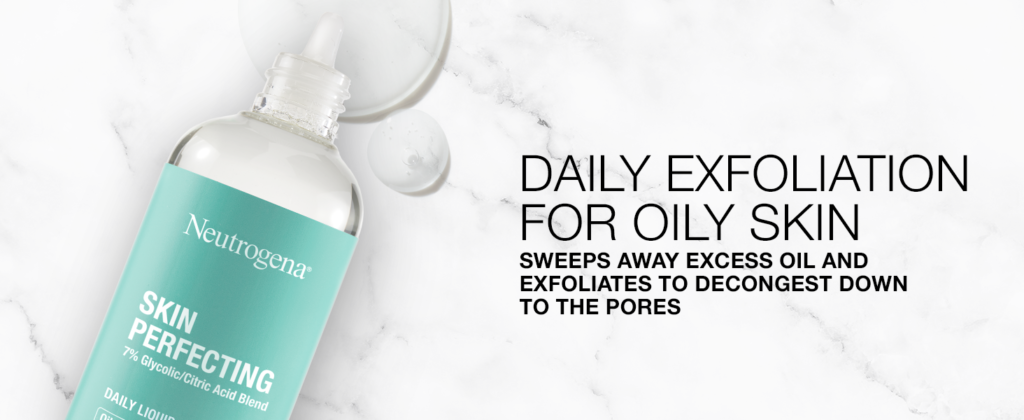
Sun Protection: Prevent Damage Without Clogging Pores
Sunscreen is non-negotiable in any skincare routine, but it’s crucial to choose the right formula for oily skin. Heavy sunscreens can clog pores and increase oiliness.
Lightweight, Oil-Free Sunscreens
Look for a broad-spectrum, oil-free sunscreen that won’t clog pores. Gel-based or mattifying sunscreens are ideal for those with oily skin.
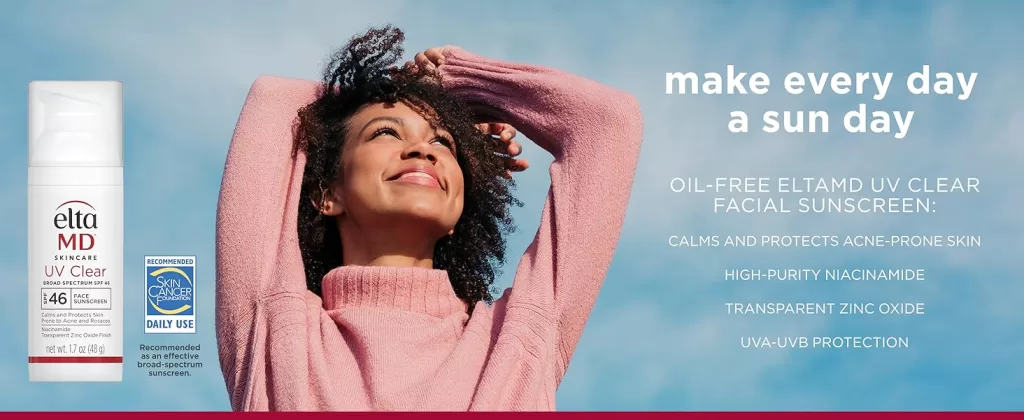
Additional Treatments in Your Skincare Routine for Oily Skin
Incorporating treatments like serums or masks can help address specific concerns related to oily skin, such as acne or dullness.
Niacinamide for Oil Control
Niacinamide is a popular ingredient for oily skin as it helps regulate sebum production, reduce the appearance of pores, and improve overall skin texture.
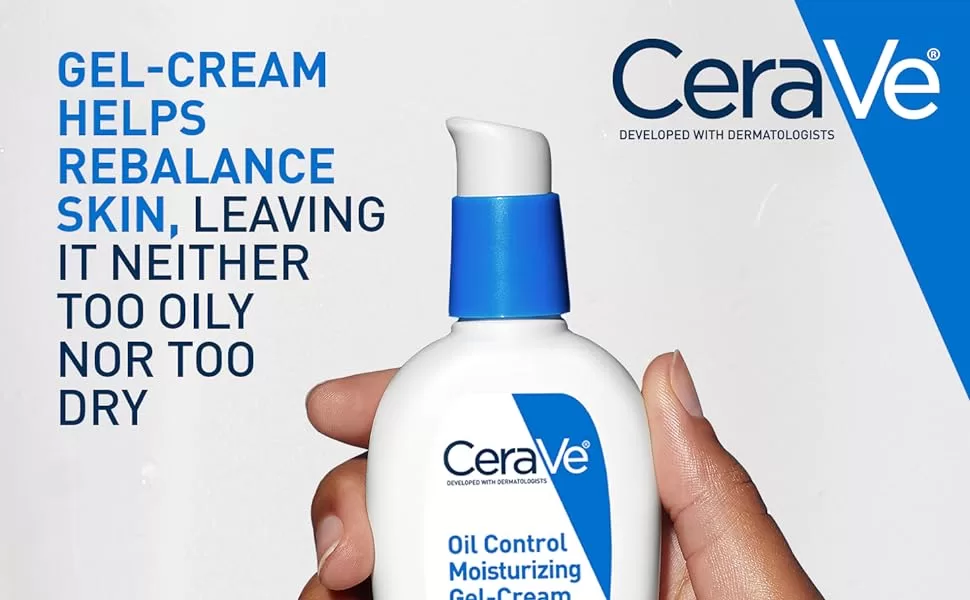
Nighttime Routine for Oily Skin
At night, focus on treatments that repair the skin while controlling excess oil. This is the perfect time to incorporate retinoids or acne-fighting treatments.
Retinoids for Oily Skin
Retinoids are highly effective at controlling oil production, reducing acne, and preventing clogged pores. Use retinoids at night to avoid sun sensitivity.
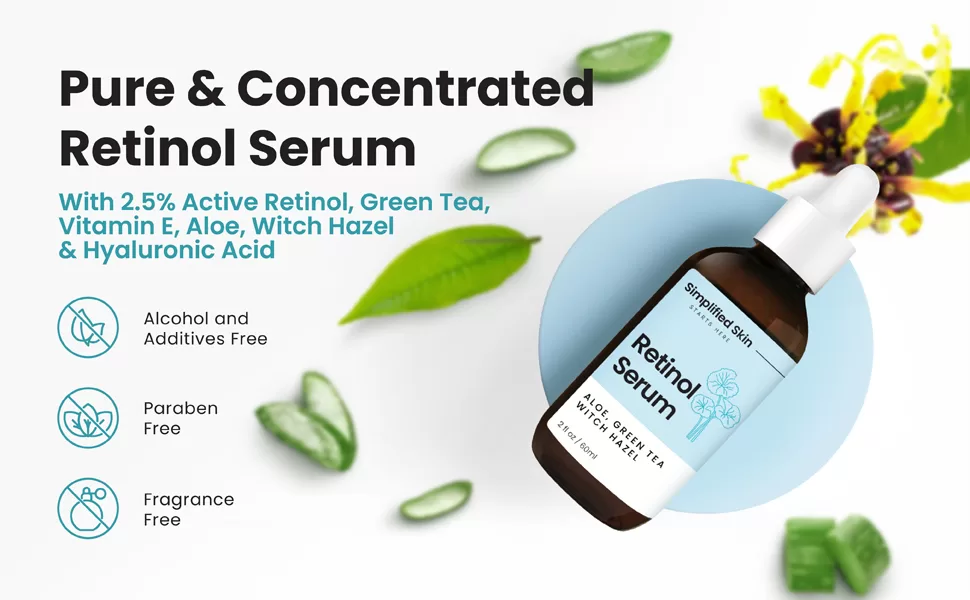
Final Thoughts
Crafting a skincare routine for oily skin is all about finding balance. With the right products and a consistent routine, you can control excess oil, prevent breakouts, and achieve a healthy, glowing complexion. Remember, consistency is key to seeing long-term results, and it’s essential to tailor your skincare routine to your skin’s specific needs.
To further help with skin issues, you may want to check out these related articles:
Links:
Acne Vulgaris: Causes, Treatments, and Skincare Tips
Oily Skin? Cleanse Without Stripping!
Resources for Additional Information
For more insights into skin conditions and redness, you can visit:
Links:
If you found this article helpful, don’t forget to share it with your friends and followers! Use the buttons below to easily spread the word on your favorite social media platforms. Sharing is caring!
Explore more articles like this @ Where And How Resources

